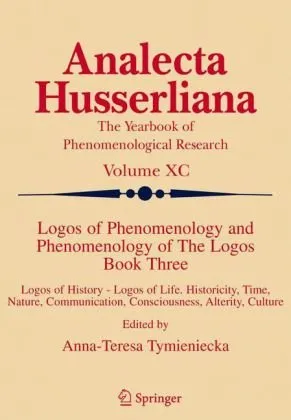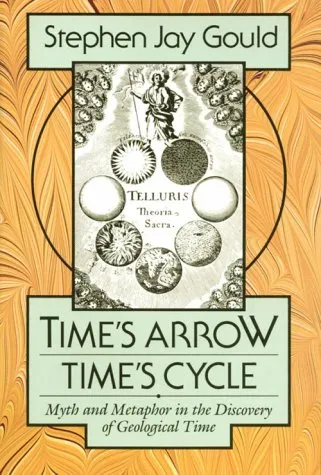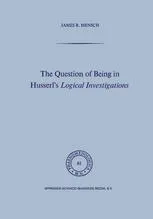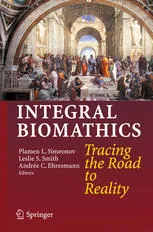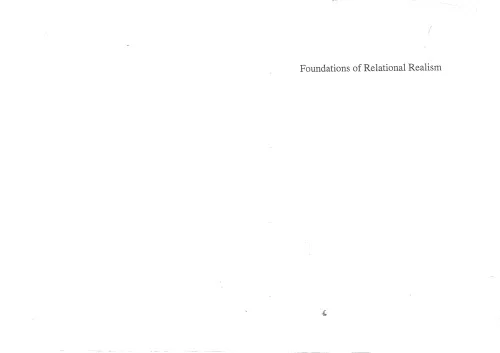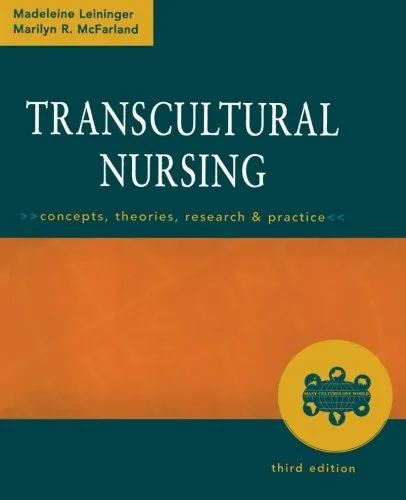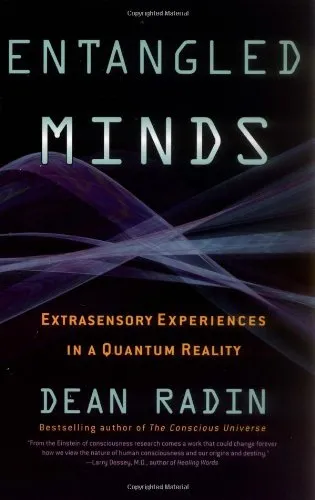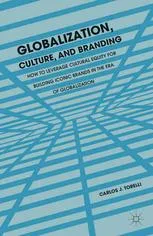Logos of Phenomenology and Phenomenology of The Logos, Book 3: Logos of History - Logos of Life Historicity, Time, Nature, Communication, Consciousness, Alterity, Culture
4.5
بر اساس نظر کاربران

شما میتونید سوالاتتون در باره کتاب رو از هوش مصنوعیش بعد از ورود بپرسید
هر دانلود یا پرسش از هوش مصنوعی 2 امتیاز لازم دارد، برای بدست آوردن امتیاز رایگان، به صفحه ی راهنمای امتیازات سر بزنید و یک سری کار ارزشمند انجام بدینکتاب های مرتبط:
معرفی کتاب
کتاب "Logos of Phenomenology and Phenomenology of The Logos, Book 3: Logos of History - Logos of Life Historicity, Time, Nature, Communication, Consciousness, Alterity, Culture" یکی از آثار متمایز و عمیق در سنت پدیدارشناسی معاصر است که به سرپرستی من، آنا-ترزا تيمينيِتسکا، تدوین شده است. این جلد از مجموعه، با تمرکز بر مفاهیم مختلفی چون تاریخمندی، زمان، طبیعت، ارتباط، آگاهی، دیگریت (Alterity) و فرهنگ به بررسی تعامل میان Logos و زندگی میپردازد. محتوای کتاب ترکیبی از بحثهای فلسفی، تاریخی و معنوی است که به نحوی عمیق و جذاب خواننده را درگیر میکند.
خلاصهای از کتاب
این کتاب به بررسی چگونگی تجلی Logos در بافتهای مختلف زمانمندی و شرایط تاریخی میپردازد. محوریترین ایده این است که Logos به مثابه نیرویی پویا و خلاق، چگونه به تنظیم و معماری مفهوم تاریخ و زندگی انسان کمک میکند. با تمرکز بر تعامل میان بنیادهای انسانی و معانی عمیق وجودی، این جلد به پرسشهای بنیادین همچون «چگونه تاریخمندی زندگی را شکل میدهد؟» و «نقش آگاهی در شکلگیری تجربههای انسانی چیست؟» پاسخ میدهد.
بخش اول با تحلیل نقش زمان و تاریخمندی در پدیدارشناسی آغاز میشود. در این بخش توضیح داده میشود که زمان چگونه از یک مفهوم نظری به عنصری وجودی و تجربی در زندگی تبدیل میشود. بخش بعدی به مطالعهی طبیعت و رابطهی جداییناپذیر آن با آگاهی و فعالیت انسانی میپردازد. سپس در فصلهای پایانی، نویسندگان به مفاهیمی نظیر دیگریت (Alterity) و فرهنگ ورود کرده و اهمیت آنها در ساختارهای اجتماعی و معنایی زندگی را بررسی میکنند.
یادگیریهای کلیدی
- درک عمیقی از مفهوم Logos و نقش آن در تاریخیت و زندگی.
- بررسی تعامل میان آگاهی و طبیعت بهعنوان دو قطب اساسی تجربه.
- چگونگی شکلگیری هویت انسانی بر پایه زمانمندی و دیگریت.
- اهمیت فرهنگ در شکلدهی به ساختارهای اجتماعی و معنایی.
جملات معروف از کتاب
"Logos does not merely define existence; it shapes, structures, and breathes meaning into the fabric of life."
"Through historicity, the human experience transforms, evolves, and becomes a testament to Life itself."
چرا این کتاب مهم است؟
کتاب حاضر برای فیلسوفان، پژوهشگران و دانشجویانی که علاقهمند به درک عمیقتر از مفاهیم تاریخ، زمان و فرهنگ انسانی در پدیدارشناسی هستند، اثری بنیادین است. این جلد توانسته است میان حوزههای مختلف فلسفی و معنوی پلی ایجاد کرده و آنها را در یک چارچوب جامع و فهمپذیر ارائه دهد. علاوه بر این، نقش رویکرد میانرشتهای و اهمیت آن در ایجاد گفتگوهای جدید میان فلسفه، تاریخ و علوم انسانی مورد تأکید قرار گرفته است. به همین دلیل، این کتاب ابزاری ارزشمند برای گسترش دانش در مورد تعاملات میان Logos و زندگی ارائه میدهد.
Introduction to "Logos of Phenomenology and Phenomenology of The Logos, Book 3"
"Logos of Phenomenology and Phenomenology of The Logos, Book 3: Logos of History - Logos of Life Historicity, Time, Nature, Communication, Consciousness, Alterity, Culture" is a seminal exploration into the dynamic intersections between the historical, cultural, and philosophical foundations of human existence. Edited by Anna-Teresa Tymieniecka, this volume represents an essential cornerstone in the vast framework of phenomenological inquiry. By focusing on the intricate relationship between the Logos of History and the Logos of Life, the book provides profound philosophical insights into the temporal, natural, and social dimensions of human life. In doing so, it bridges the gap between abstract existential questions and the concrete lived experiences of humanity.
This work is part of a larger series that delves into phenomenology's critical role in understanding the Logos—a fundamental principle that binds the multiplicity of existence across time and space. Distinctly structured to address complex themes of historicity, nature, communication, consciousness, alterity, and culture, Book 3 is a vital resource for scholars, philosophers, and anyone interested in the phenomenological tradition. Each chapter serves as both an invitation and a challenge to engage deeply with the issues that define the human condition within historical and cultural contexts.
Detailed Summary of the Book
The third installment in the "Logos of Phenomenology and Phenomenology of The Logos" series provides a refined discourse into how phenomenology addresses the entangled nature of human existence. The book's principal focus revolves around the idea of "Logos of History" and how it intertwines with the "Logos of Life." This intersection is expounded through themes of historicity—our embeddedness in historical processes—and life's dynamic manifestations in time, nature, communication, consciousness, alterity, and culture.
The volume addresses questions fundamental to philosophical anthropology: How can historical contexts shape our understanding of existence? What role does nature play in our lived experiences? How do communicative acts and cultural expressions bridge the gap between subjectivity and otherness? Through essays contributed by leading phenomenologists, the text weaves together these questions to build a holistic framework that reflects the complex structures of human life.
The chapters elucidate how phenomenology remains a critical methodological tool for addressing both the universal and singular aspects of human existence. From examining temporal consciousness to unpacking cultural alterity, the book offers a spectrum of perspectives that enrich our understanding of ourselves as historical beings situated within a web of social and natural relations.
Key Takeaways
- Phenomenology provides a nuanced lens to examine the relationship between historical processes and subjective lived experiences.
- The Logos of Life encapsulates the dynamic interplay between nature, history, and culture in shaping human existence.
- Alterity, or "otherness," plays a significant role in developing self-awareness and understanding in intersubjective relationships.
- Human life is deeply enmeshed in the temporal continuum, where past influences, present conditions, and future aspirations interlock.
- Communication serves as a bridge for shared meaning-making, enabling a deeper connection between individuals and communities.
Famous Quotes from the Book
"The being of life manifests itself not in isolation, but within the interconnected weave of historical, cultural, and natural dimensions."
"To understand existence is to perceive the eternal interplay of time and meaning, past and present, self and other."
Why This Book Matters
"Logos of Phenomenology and Phenomenology of The Logos, Book 3" stands out as a landmark contribution to the study of phenomenology and its relevance to contemporary thought. In an era marked by shifting cultural paradigms, this work reminds readers of the enduring significance of historical and philosophical reflection. It reaffirms the relevance of phenomenology in addressing today's challenges, from understanding identity and otherness to grappling with notions of temporality and cultural heritage.
Moreover, the book breaks new ground by emphasizing the intricate alignment of philosophy with lived experience. It offers readers not only a theoretical understanding of phenomenology but also practical avenues for applying its insights to daily life. By engaging with the text, readers are inspired to see their own lives as part of an unfolding historical and cultural narrative, interconnected with the broader tapestry of humanity.
دانلود رایگان مستقیم
شما میتونید سوالاتتون در باره کتاب رو از هوش مصنوعیش بعد از ورود بپرسید
دسترسی به کتابها از طریق پلتفرمهای قانونی و کتابخانههای عمومی نه تنها از حقوق نویسندگان و ناشران حمایت میکند، بلکه به پایداری فرهنگ کتابخوانی نیز کمک میرساند. پیش از دانلود، لحظهای به بررسی این گزینهها فکر کنید.
این کتاب رو در پلتفرم های دیگه ببینید
WorldCat به شما کمک میکنه تا کتاب ها رو در کتابخانه های سراسر دنیا پیدا کنید
امتیازها، نظرات تخصصی و صحبت ها درباره کتاب را در Goodreads ببینید
کتابهای کمیاب یا دست دوم را در AbeBooks پیدا کنید و بخرید
1314
بازدید4.5
امتیاز0
نظر98%
رضایتنظرات:
4.5
بر اساس 0 نظر کاربران
Questions & Answers
Ask questions about this book or help others by answering
No questions yet. Be the first to ask!
